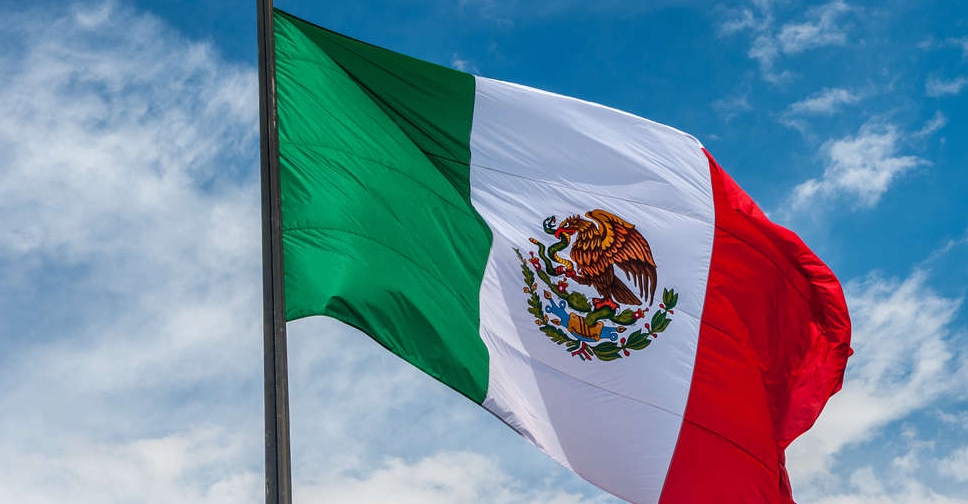
Mexico's president replaced a top trade negotiator on Friday in a major overhaul of his economy ministry, leaving an inexperienced team to deal with a fraught and potentially costly trade dispute with the United States and Canada.
The government said that Alejandro Encinas Najera, a relatively unheralded labour ministry official whose father is a deputy interior minister, replaced Luz Maria de la Mora as deputy economy minister for trade.
The move stunned economic analysts and came a week after de la Mora's boss, Economy Minister Tatiana Clouthier, quit and was replaced by Raquel Buenrostro, head of the tax authority.
"It's a really bad sign for the economy," said Gabriela Siller, an economist at BANCO Base. De la Mora "was the one who had all the experience and was in all those talks so everything would get resolved."
The shake-up has been accompanied by the removal of at least 12 other economy ministry officials in recent days, a government source said. The ministry declined to comment.
Buenrostro rose to prominence, boosting government tax revenues from big companies and ending years of leniency with powerful firms. But neither she nor Encinas had worked on the trade dispute, which arose after US firms challenged President Andres Manuel Lopez Obrador's nationalist energy agenda.
In July, the United States demanded settlement talks on the grounds that Lopez Obrador's energy policies discriminated against US firms and violated a North American trade pact.
However, despite her inexperience in trade, some analysts hope Buenrostro carries more political clout than her predecessor and could press governmental energy nationalists to give ground, reducing the risk of a damaging tariff dispute.
'HARDLINERS HAVE WON'
She and Encinas probably have "more credibility with the energy ministry and the president" than the previous duo, said Luis de la Calle, a former Mexican trade official, pointing to an economy ministry statement that said the reshuffle would allow "better coordination" across departments.
"This doesn't depend so much on negotiations with the US as it does the internal negotiations inside Mexico," he said.
After resigning, Clouthier told the Mexican newspaper La Jornada there was a "pack" around the president and that the energy ministry "does not want to yield on anything."
Under the United States-Mexico-Canada trade deal, if the controversy is not resolved during consultations, a dispute panel can be requested to review claims.
Sources told Reuters this month that Washington and Mexico City, not wanting to escalate the trade dispute amid soaring inflation, had extended the initial 75-day consultation window.
Lopez Obrador has also presented a bullish front, insisting on Friday that US officials had "decided not to take the step towards a panel" and were looking for an agreement.
However, the United States can still opt to do so if talks do not reach a satisfactory conclusion, and many analysts in Mexico saw the economy ministry reshuffle as a sign that Lopez Obrador would not be willing to compromise on energy.
"I assume the hardliners have won," said Andres Rozental, a Mexican former deputy foreign minister.




 Nasdaq set to confirm bear market as Trump tariffs trigger recession fears
Nasdaq set to confirm bear market as Trump tariffs trigger recession fears
 Dana Gas and Crescent Petroleum exceed 500M boe in Khor Mor field
Dana Gas and Crescent Petroleum exceed 500M boe in Khor Mor field
 China to impose tariffs of 34% on all US goods
China to impose tariffs of 34% on all US goods
 Shares bruised, dollar crumbles as Trump tariffs stir recession fears
Shares bruised, dollar crumbles as Trump tariffs stir recession fears




